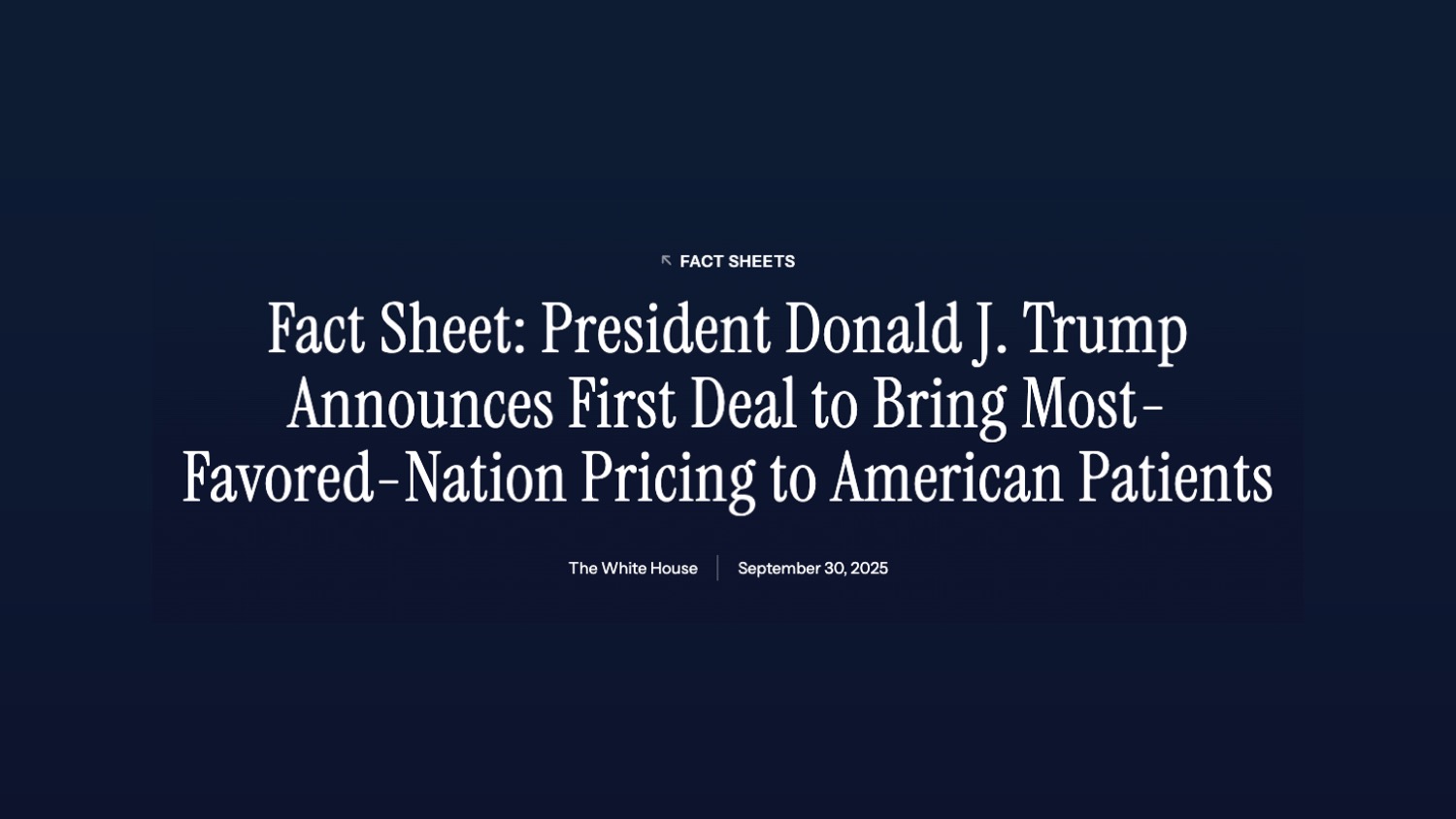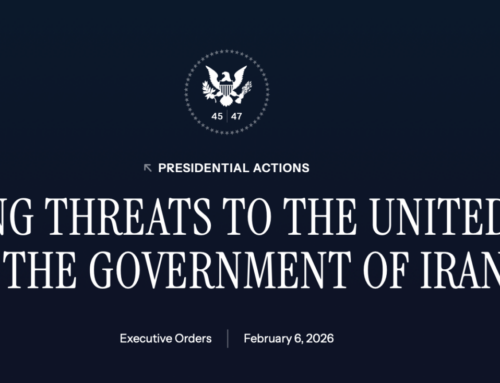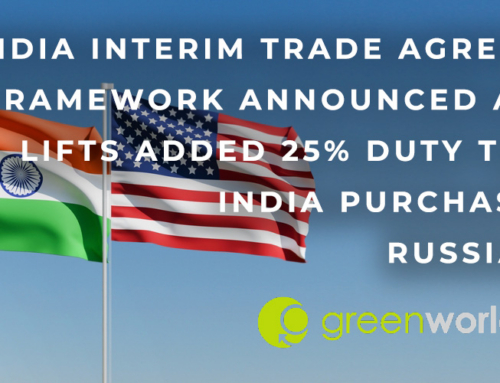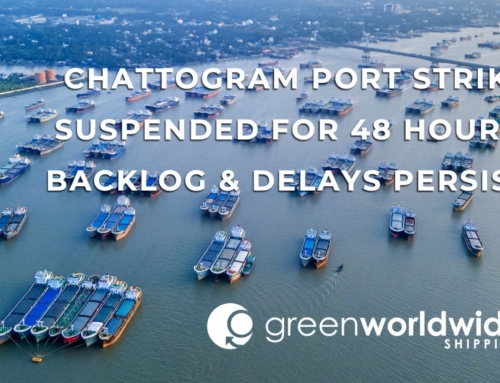WHAT DOES THE PFIZER MOST-FAVORED-NATION AGREEMENT MEAN FOR U.S. TRADE POLICY?
The policy introduces trade-related principles such as reciprocity and revenue repatriation into a domestic pricing framework administered through federal trade and health agencies.
HOW DOES THE PFIZER AGREEMENT FUNCTION WITHIN U.S. TRADE AND INDUSTRIAL POLICY?
HOW DOES THE POLICY AFFECT TARIFF ADMINISTRATION AND TRADE COMPLIANCE?
Although MFN pricing does not fall directly under U.S. Customs and Border Protection’s tariff authority, it interacts with trade compliance structures that regulate valuation, origin, and transfer pricing. Importers and logistics providers supporting pharmaceutical operations are subject to documentation procedures, foreign trade zone utilization, and tariff classification for active pharmaceutical ingredients (APIs) and related components.
The agreement provides Pfizer with a three-year tariff grace period on specific pharmaceutical imports. According to official statements, the measure is administered through existing trade compliance channels and subject to verification of domestic investment activity.
Stay up-to-date on freight news with Green’s Weekly Freight Market Update by following us on LinkedIn. For continuous updates, make sure to check out our website at greenworldwide.com.






